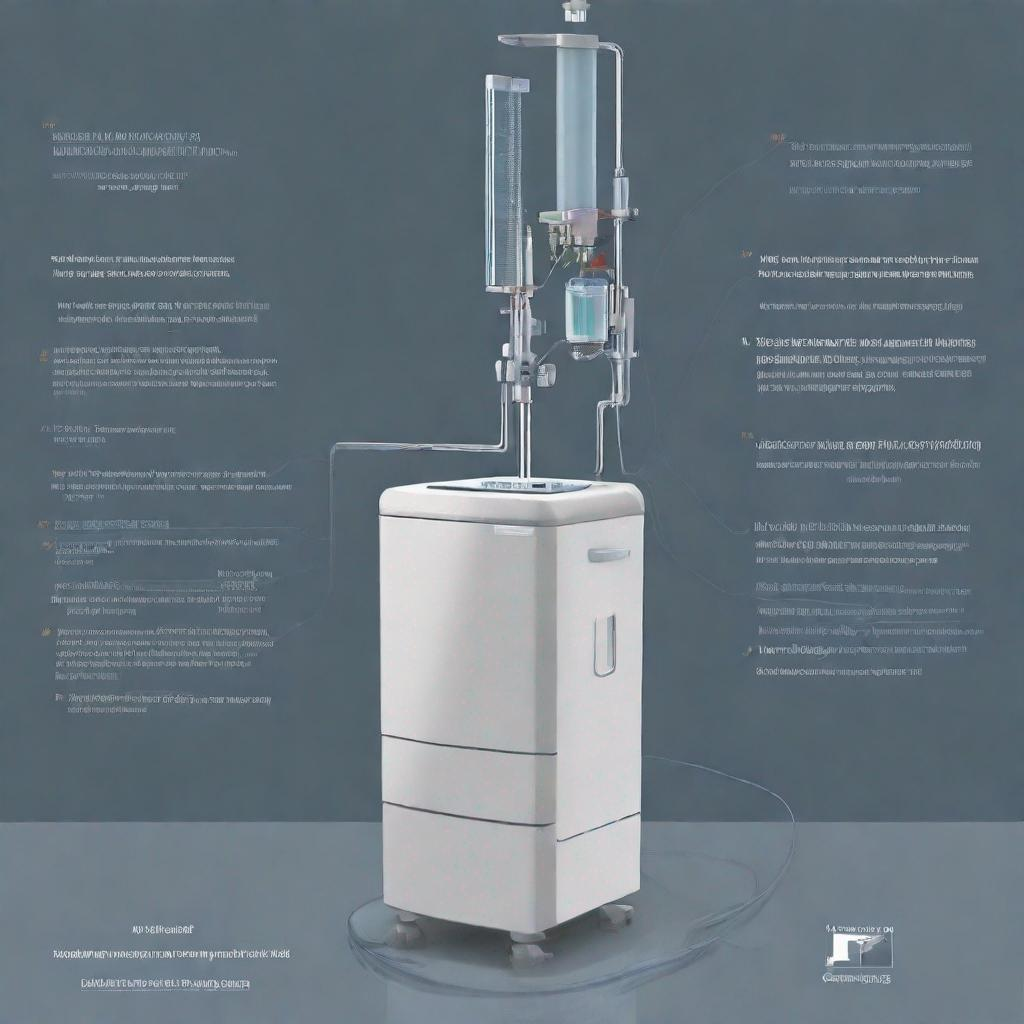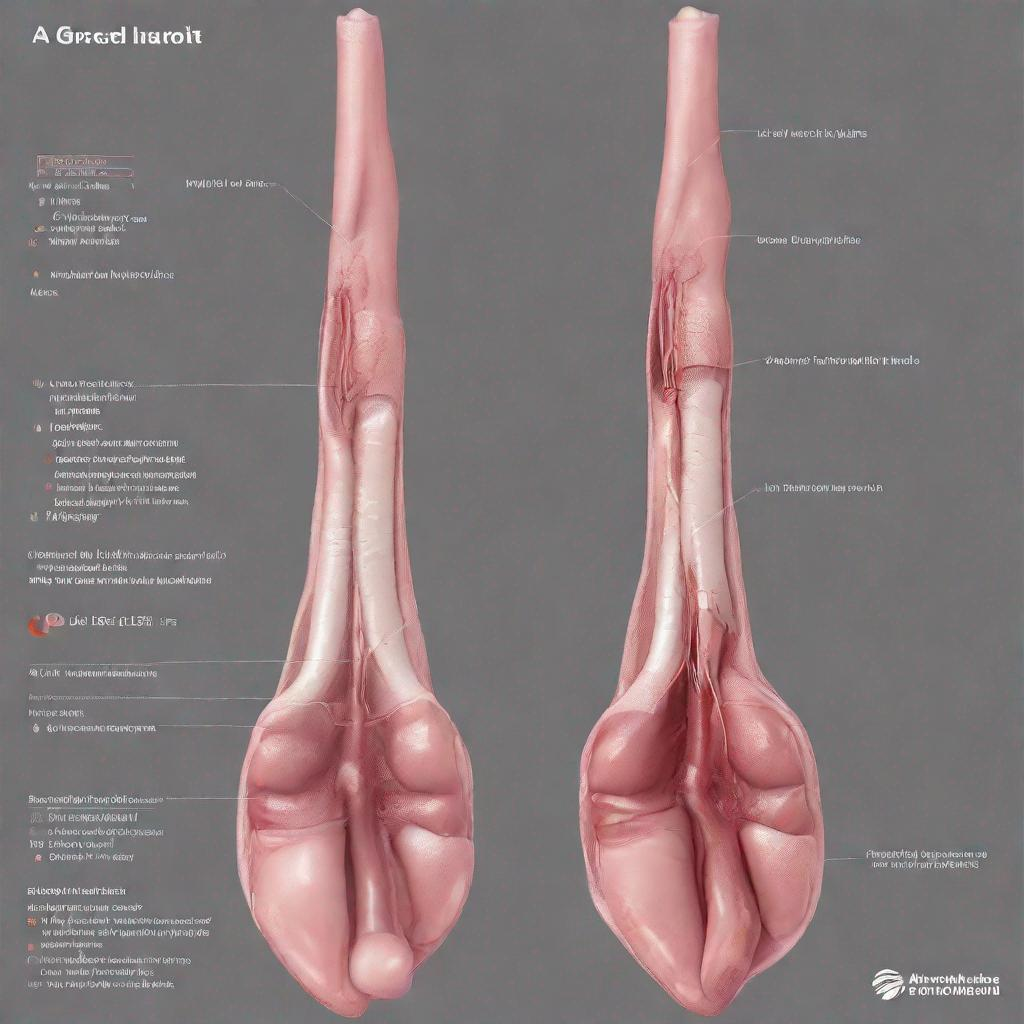## The GLUC Test: A Vital Tool for Monitoring Glucose Levels and Assessing Overall Health
### Introduction
The GLUC test, also known as the Fasting Glucose, Glucose, or Blood Sugar test, is a fundamental diagnostic tool in medicine. It measures the concentration of glucose, a type of sugar, in a patient’s blood. This vital test helps healthcare providers assess the pancreas’s functionality and identify various underlying health conditions or metabolic irregularities.
### Test Overview
The GLUC test evaluates glucose levels in the bloodstream. Glucose, the primary energy source for the body, is regulated by the hormone insulin, produced by the pancreas. Irregularities in glucose levels can indicate an imbalance in the body’s glucose metabolism, which may be indicative of underlying health issues.
### Conditions and Diseases Detected
The GLUC test aids in diagnosing and monitoring several conditions, including:
– **Diabetes**: A metabolic disorder characterized by persistently high blood sugar levels, which can lead to serious complications if left untreated.
– **Hypoglycemia**: A condition characterized by abnormally low blood sugar levels, causing symptoms such as seizures, tremors, or loss of consciousness.
– **Hyperglycemia**: A condition characterized by elevated blood sugar levels, potentially indicative of uncontrolled diabetes or other health concerns.
### Preparation Guidelines
To ensure accurate GLUC test results, it’s important to follow these guidelines:
– Fast for at least 8-10 hours before the test, avoiding all food and drinks except water.
– Inform your doctor about any medications you’re taking, as certain drugs can affect glucose levels.
– If you have a history of frequent hypoglycemia or other relevant conditions, consult with your healthcare provider about special instructions.
### Procedure
The GLUC test is a simple and non-invasive procedure that involves drawing a small blood sample from a vein, typically from your arm. The process typically takes just a few minutes and is usually painless.
### Duration and Waiting Time
The test itself usually takes less than a minute. Receiving the test results may vary depending on the laboratory and your healthcare provider’s schedule, but it generally takes a few hours to a day.
### Additional Tests
For a more comprehensive health assessment, your doctor may recommend additional tests alongside the GLUC test, such as:
– **A1C (Glycated Hemoglobin) Test**: Monitors average blood sugar control over the past 2-3 months.
– **Oral Glucose Tolerance Test**: Assesses the body’s ability to process glucose after consuming a sugary drink.
### Conclusion
The GLUC test plays a pivotal role in detecting and managing health conditions related to glucose regulation. It provides valuable information for diagnosing disorders, monitoring treatment, and maintaining optimal health. If you have any concerns about your blood sugar levels or are experiencing any related symptoms, discuss with your healthcare provider whether a GLUC test is appropriate for you.




